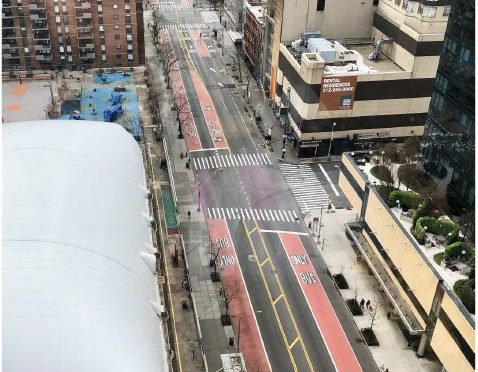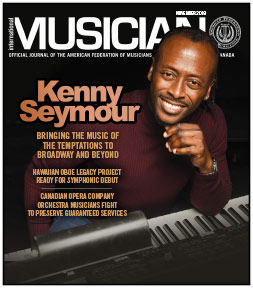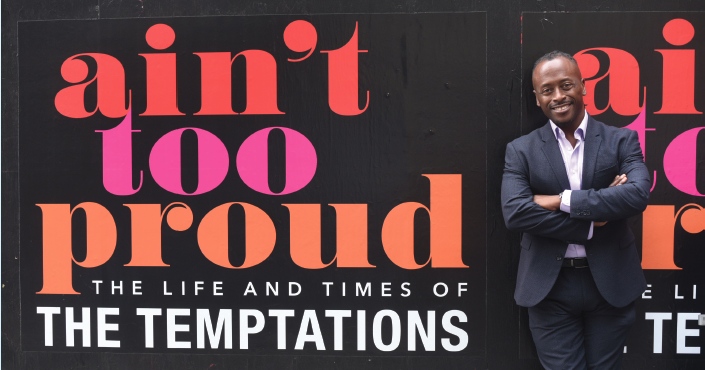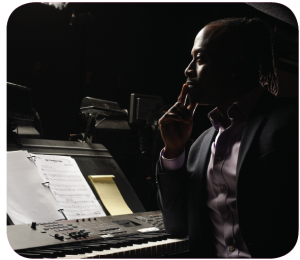Having lived in New York City for over 40 years, I’ve learned that a very important part of what makes this vibrant, pulsating, multi-cultural city so special is the people who live here and the tourists who visit. During normal times, walking around the five boroughs of New York can be like a world tour. Each borough is composed of neighborhoods, and each neighborhood has its own flavor. The first indication that you’ve entered a wonderfully different and fascinating part of the city is the language that can be overheard (in addition to English) and then the distinctive foods that are available, associated with that neighborhood’s predominant culture.
Both the United States and Canada are nations of immigrants, and our countries have benefitted greatly from their talent, work ethic, and often the genius that immigrants have contributed to our societies. With all the political controversy that swirls around us daily, particularly the demonizing of immigration in the US, it’s important never to lose sight of how much we have gained from accepting and embracing those from other countries who have a burning desire to become an American or a Canadian citizen.
New Yorkers have learned to live together in what is a very densely populated city. Last March and April, the density became painfully evident as the coronavirus swept through New York City, infecting many people. Downstate New York became the world’s hotspot for coronavirus, and the fear was that our hospital emergency rooms and intensive care units would become overwhelmed. Our governor, Andrew Cuomo, and Mayor Bill de Blasio made daily television appearances updating the current coronavirus numbers (reporting new cases, new hospitalizations, released hospital patients, and, sadly, deaths).
Both the governor and the mayor would beseech New Yorkers to do everything they could to bend the spiking upward curve in the opposite direction. New Yorkers heeded the warnings and complied by sheltering in place, wearing masks if one needed to leave home, washing hands often, and social distancing. “The City That Never Sleeps” was forced into slumber. New York City became something akin to a ghost town as the traffic disappeared and sidewalks emptied (see inset photo).
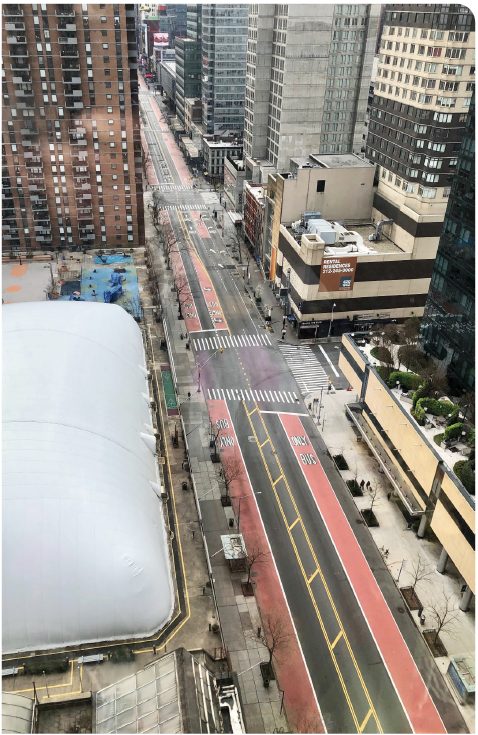
Compliance with guidance from our state and city governments has been the key to bringing our COVID-19 numbers down to much more manageable levels, allowing the New York AFM office, along with our Toronto, Los Angeles, and Washington, DC, offices to re-open cautiously and slowly with very reduced staff, rotating days, and flexible hours. Body temperatures are taken each morning as the AFM staff arrives at the NYC office. All AFM offices are marked to maintain social distancing and masks are worn when leaving workstations or personal offices. Personal Protection Equipment (hand sanitizer, gloves, and masks) is readily available to the staff. For now, the offices are open to AFM staff only, no visitors at this time.
It is painful to watch reports as other areas of the United States become the new coronavirus hotspots. I am left dumbfounded by the pictures of huge gatherings at beaches and pools, bars and parties—so many people ignoring the social-distancing and mask-wearing guidance based on science. In some way, they must have felt themselves invulnerable to the virus. Risking their own lives is one thing, but risking the lives of all those they come into contact with afterwards is quite another. No one has the right to act irresponsibly by risking the lives of others because they’re bored, tired of staying sheltered, or believe they have an unrestricted right to do what they please.
Think about all the first responders, healthcare workers, and medical professionals who are willing to risk their lives in order to save the lives of others. Why would one want to risk becoming part of the problem unnecessarily? Banging pots and pans from front yards and apartment balconies to show appreciation for our healthcare heroes is a beautiful statement recognizing the sacrifices they make on a daily basis, but we are all responsible for staying as safe as possible to hopefully avoid the need for their services.
Of course, there are no guarantees we won’t catch this very contagious virus. We all assume some level of risk every time we leave our homes, but taking unnecessary risks by acting irresponsibly is an open invitation to a deadly virus that puts all of us at risk. We can and we must do better. Please stay safe.


